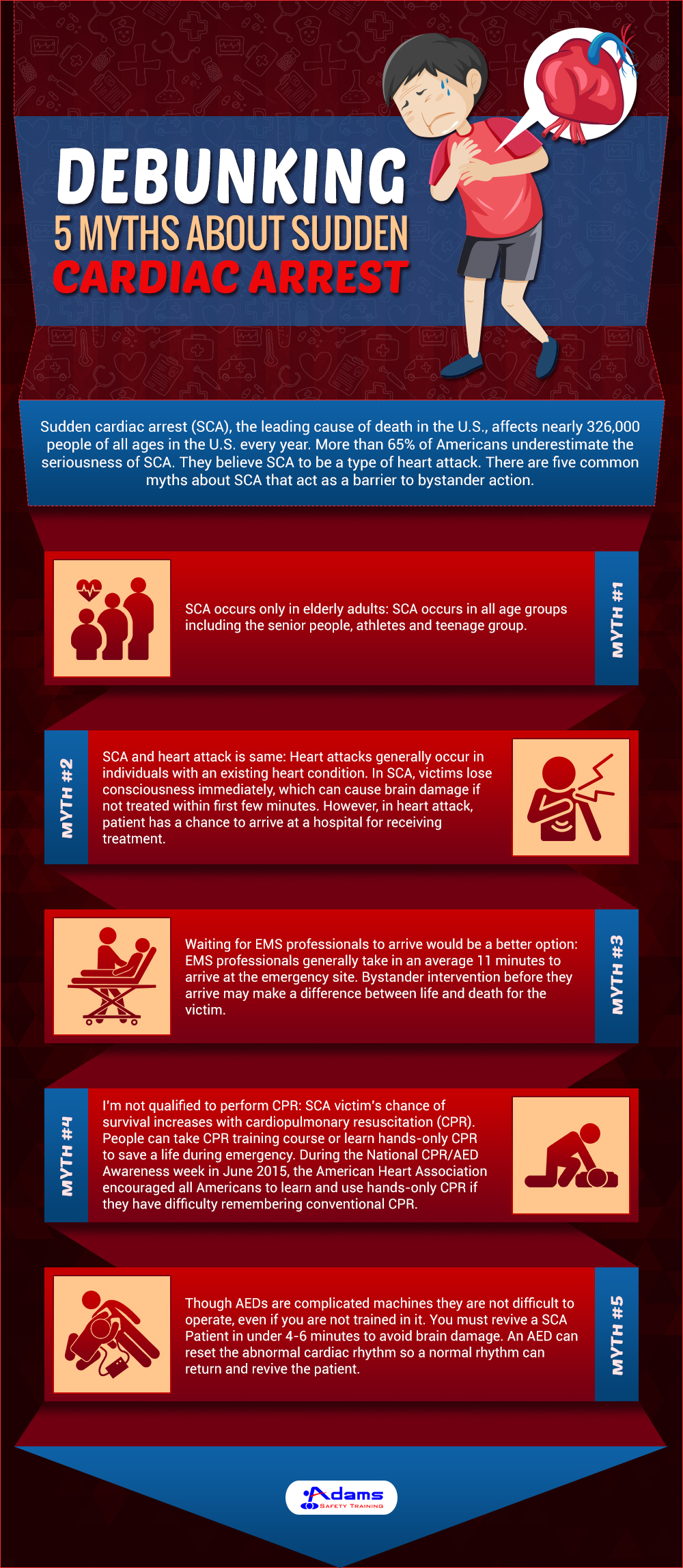Introduction:
Basic Life Support (BLS) training is a critical component of emergency medical care that provides individuals with essential skills to respond effectively in life-threatening situations. The American Heart Association (AHA) offers a renowned BLS training program, equipping healthcare professionals and laypersons alike with the knowledge and techniques to save lives. In this article, we will explore the importance of AHA Basic Life Support (BLS) training and how it plays a pivotal role in emergency preparedness and improving survival rates in various medical emergencies.
1. Immediate Response in Cardiac Emergencies:
Cardiac emergencies, such as sudden cardiac arrest and heart attacks, are the leading causes of death worldwide. BLS training teaches participants how to recognize the signs of cardiac distress and provides the necessary skills to perform cardiopulmonary resuscitation (CPR) and use automated external defibrillators (AEDs). By responding promptly and correctly, individuals trained in BLS can significantly increase the chances of survival for victims experiencing cardiac events.
2. Lifesaving Techniques for Respiratory Emergencies:
In addition to cardiac emergencies, BLS training covers respiratory distress situations such as choking and respiratory arrest. Participants learn the proper techniques for clearing airways and delivering rescue breaths, ensuring that oxygen reaches vital organs during critical moments. Quick and effective intervention during respiratory emergencies can prevent brain damage and save lives.
3. Immediate Assistance in Medical Emergencies:
BLS training also equips individuals to respond to a range of medical emergencies, such as strokes, seizures, and diabetic crises. Participants learn how to assess and provide basic life support until professional medical help arrives. The ability to take immediate action during medical emergencies can make a crucial difference in a patient’s outcome.
4. Confidence and Preparedness:
BLS training instills confidence in individuals, empowering them to act with competence and composure during high-stress situations. This sense of preparedness enables healthcare professionals and laypersons alike to step forward as valuable first responders in any setting, whether it’s a healthcare facility, workplace, or public space.
5. Meeting Healthcare Industry Standards:
For healthcare professionals, BLS certification is often a mandatory requirement for employment. Hospitals, clinics, and healthcare facilities value employees who possess BLS training, as it demonstrates a commitment to maintaining the highest standards of patient care and safety. BLS certification enhances a healthcare professional’s employability and career advancement opportunities.
6. Improving Outcomes in Emergency Situations:
BLS-trained individuals are more likely to identify and respond to emergencies promptly, leading to improved patient outcomes. Timely CPR and defibrillation significantly increase the survival rate for cardiac arrest victims. BLS training effectively bridges the gap between the occurrence of an emergency and the arrival of professional medical help, maximizing the chances of a positive outcome.
Conclusion:
The American Heart Association Basic Life Support (BLS) training is an essential and life-changing program that equips individuals with lifesaving skills. From responding to cardiac emergencies and respiratory distress to providing immediate assistance during various medical crises, BLS training prepares participants to be confident and competent first responders. By increasing the number of BLS-trained individuals, we can collectively enhance emergency preparedness, improve survival rates, and create a safer and more caring community.
Adams Safety Training recognizes the immense importance of AHA Basic Life Support (BLS) training and has been committed to providing comprehensive BLS training to individuals and healthcare professionals in the San Francisco Bay Area since 1991. Together, let’s embrace BLS training as a critical component of emergency preparedness and work towards creating a world where lives are saved through timely and effective interventions.


